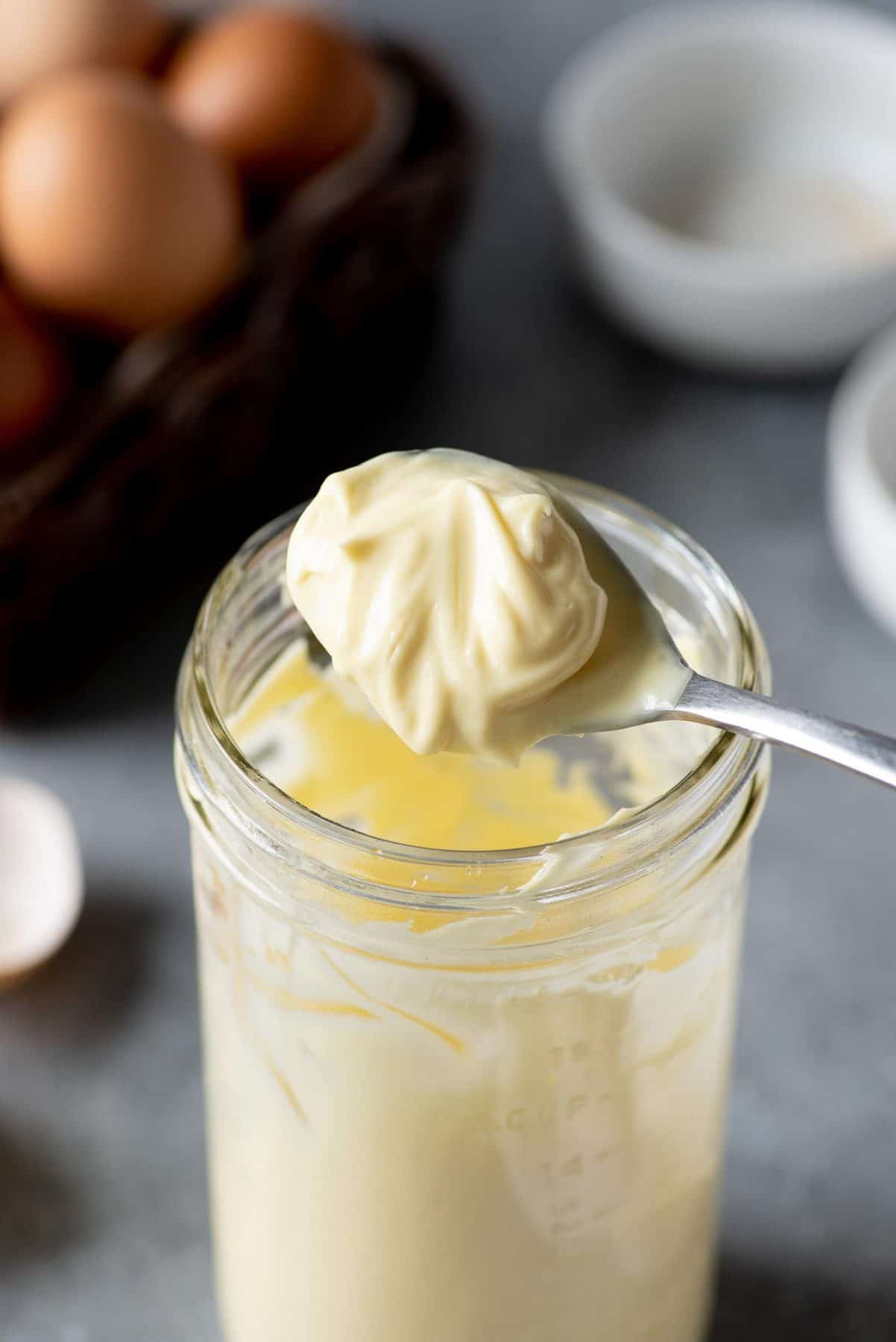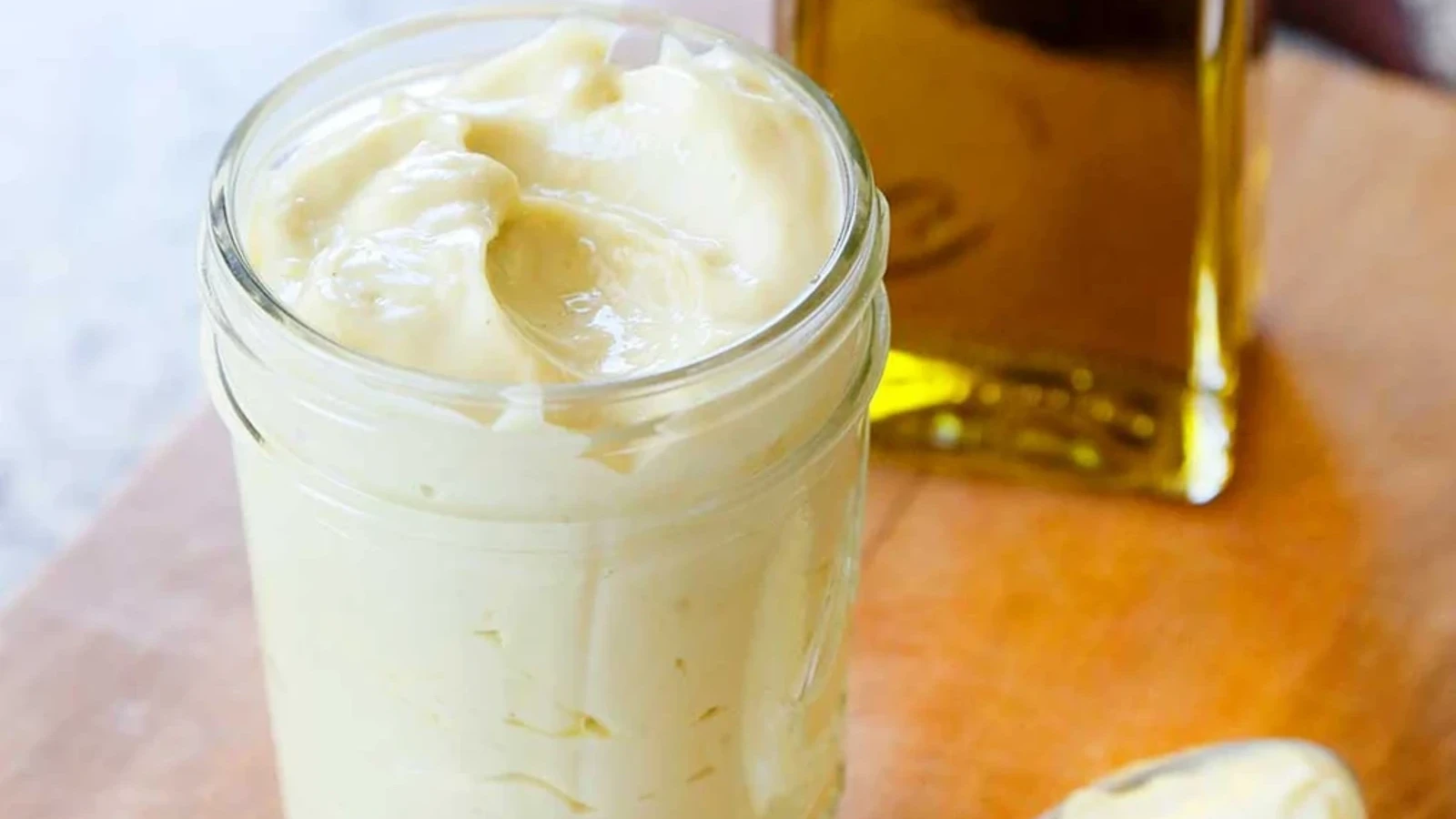How Much Protein is in Mayonnaise? Insights and Answers
Written By James Morgan
For all the barbecue enthusiasts out there, you might be surprised to learn that your favorite condiment, mayonnaise, has some interesting nutritional elements to considerespecially when it comes to its protein content. When you think about the ingredients that accompany your grilled meats, sauces like mayonnaise often take a backseat. But lets dive deep into the question of how much protein is in mayonnaise, and why that matters for your barbecue game.
While typically celebrated for its creamy texture and delightful flavor, mayonnaise can often be overshadowed by factors like fat content and caloric value. However, understanding the protein content can help you make informed choices at your next grill fest.

Understanding Mayonnaise: The Basics
Mayonnaise is primarily made from ingredients like oil, egg yolks, vinegar or lemon juice, and seasonings. The egg yolk is what introduces a small amount of protein into this otherwise fat-heavy spread. On average, one tablespoon of mayonnaise contains approximately **0.1 grams** of protein. This may not seem like a lot, but lets explore this further.
Protein Content in Different Types of Mayonnaise
There are various types of mayonnaise available, from traditional to vegan options. Heres a quick breakdown:
- Traditional Mayonnaise: Contains around **0.1 grams** of protein per tablespoon.
- Low-Fat Mayonnaise: Slightly higher at about **0.2 grams** per tablespoon due to the addition of thickeners.
- Vegan Mayonnaise: Usually made from soy or aquafaba, providing up to **0.5 grams** of protein.
This variance can be crucial for those considering their protein intake, particularly when engaged in high-energy activities like barbecuing.

Why Knowing Protein Content Matters for Barbecue Enthusiasts
Understanding the protein content in your favorite sauces, including mayonnaise, is essential for several reasons:
- Balanced Diet: For those grilling regularly, maintaining a nutrient-dense meal helps in recovery and sustains energy levels.
- Customization: Being aware of protein levels allows you to adjust your consumption based on your dietary needs or fitness goals.
- Culinary Creativity: Knowledge of mayonnaise's properties can inspire new sauce-making techniques, enhancing the taste of dishes.
Creative Uses of Mayonnaise in Barbecue
Beyond its nutritional profile, mayonnaise can elevate your barbecue experience in numerous ways:
- Fix Broken Mayonnaise: Troubleshooting your homemade mayo isnt just for the kitchen but can contribute to fantastic barbecue dips!
- Make Spicy Mayonnaise: Adding some spice can complement grilled meats beautifully.
- Egg Sandwich Delight: Perfect for a barbecue brunch after grilling.
These applications acknowledge that while mayonnaise isn't a protein powerhouse, it can significantly enhance your grill experience.

Mayonnaises Role in Marinades and Dips
For avid grillers, knowing how much protein is in mayonnaise also highlights its role in marinades and dips. Thanks to its emollient texture, mayo makes for an excellent base for fluffy dips and marinades, contributing to moisture retention in grilled chicken and fish.
Combining mayonnaise with lemon juice, spices, and herbs can also provide a refreshing dressing that adds joy to your grill items. Check out this fantastic resource on Best Uses for Mayonnaise to get more ideas!

Mayonnaise and Dietary Restrictions
If you or your guests follow specific dietary requirements, understanding mayonnaise can be vital. For instance:
- Vegan Options: Many brands stock mayonnaise made from soy or pea proteins.
- Low-Fat Options: Great for those watching their fat intake.
Becoming adept at recognizing these alternatives enhances inclusivity at your barbecues. Besides, learning how to make mayonnaise with avocado oil can provide a healthier option that's dairy-free!
Frequently Asked Questions
1. Is mayonnaise a good source of protein?
While **mayonnaise** contains a small amount of protein, it is not considered a significant source when compared to other foods rich in protein.
2. Can I increase the protein content of mayonnaise?
You can enhance the protein level by using high-protein ingredients or opting for brands that incorporate protein-rich components.
3. Are there healthy alternatives to traditional mayonnaise?
Yes, alternatives such as Greek yogurt or avocado-based spreads can provide healthier fat and higher protein options.
As an Amazon Associate, I earn from qualifying purchases.



